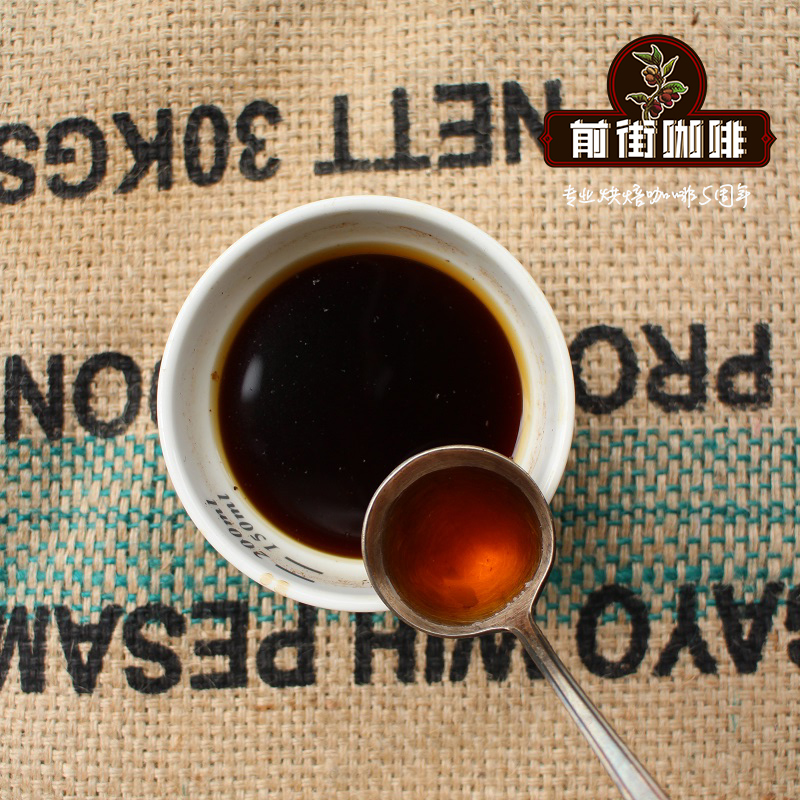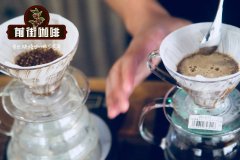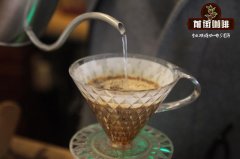Kenya AA Kiambu Kiambu Jiatuyu Processing Plant Kenya Coffee Brand

Professional coffee knowledge exchange more coffee bean information please follow the coffee workshop (Wechat official account cafe_style)
Products: AA grade of Jiatuyu treatment plant in Chiambu, Kenya
(Kenya AA Kiambu Gatuyu)
Flavor description: green apple, crispy plum, slightly smoked caramel,
Bright and juicy, crisp and sweet, with a wild berry finish.
Country of origin: Kenya (Kenya)
Producing area: Kiambu town
Producer: Jiatuyu processing Plant (Gatuyu)
Varieties: SL28, SL34
Altitude: 1600 m
Grade: AA Kenyan washing
Harvest: Nipple A
Introduction:
The Jiaduyu processing Plant (Gatuyu) is located near the town of Kiambu, north of the Kenyan capital Nairobi.
This producing area is very old and famous, and it continues the technology of coffee cultivation and production management in the colonial era.
This treatment site belongs to the largest Qianbu cooperative (the Cooperative Society of Kiambu) in Qianbu town.
One of its water treatment plants, the list of all water treatment plants in this cooperative is as follows: Riakahara, Barikongo
Kagwanja, Kirura, Korokoro, Githongo, Thiururi, Kaibu, New Thuita
There are 12 water treatment plants in Kanake and Gatuyu and Kamuchege. Every water treatment plant provides services.
Members of nearby coffee farmers are targeted, so each water treatment plant is distributed in the town of Kiambu.
Every corner. This producing area produces high-quality coffee because of its high altitude, fertile soil and natural climate.
More than 55% of Kenyan coffee is grown by these small coffee farmers and is organized into tribes or villages.
Collective cooperatives, the responsibility of cooperatives will assist members to handle raw beans through its water treatment plants.
Grading, drying and packaging, naming production batches, and then waiting to be sent to the capital Nairobi for weekly meetings.
No other country in the world attaches so much importance to the production of high-quality coffee as Kenya, so Kenya can be called the world.
The best model student in coffee-producing countries, because all Kenyan coffee must be handed over to the government after harvest.
The established Kenya Coffee Bureau (Coffee Board of Kenya, CBK) unifies the acquisition and cup testing and grading.
Every Tuesday, the officially established Nenobi Coffee Exchange (the Nairobi Coffee Exchange) in the capital
As a result of this open system under the overall management of the government, more than 570000 of Kenya has been encouraged.
It is not difficult for a small coffee farmer to get a good price as long as he has good quality. In fact, what the Kenyan government did
There is still a lot of support for the effort, and the government provides a large number of small coffee farmers with the skills to grow good coffee.
Coach nearly 300 agricultural transportation and marketing cooperatives (a bit like Taiwan agricultural production and marketing classes) for better handling of raw beans
Kenya Coffee Agency (CBK) provides production, quality research, sales and even financial guidance to the coffee industry.
Focus and educational counseling. It has created the unparalleled charm of the quality and flavor of Kenyan coffee.
Coffee buyers around the world love it, and Kenyan coffee is also very popular in Taiwan's coffee market. Located in East Africa
Kenya is one of the major coffee producing countries. More than 6 million people in the country are engaged in the coffee industry, mostly small farmers.
The form of combination with cooperatives. Coffee trees in Kenya are mostly planted in 1400-2000 meters above sea level.
There are Ruiri, Thika, Kirinyaga, Mt. Kenya West, Nyeri, Kiambu and Muranga.
The main producing areas are the mountains of Mt.Kenya and Aberdare.
In 1930, the unique Kenyan varieties SL28 and SL34 were cultivated and named by "Scott Laboratories" laboratory.
It was born in such a good research environment. According to botanists in the SL lab, SL28 and SL34
It's a genetic variant. SL28 has a mixed pedigree of French missionaries, mocha and Yemeni Tibica.
The goal of cultivating SL28 was to mass produce coffee beans with high quality and resistance to diseases and insect pests.
Although the output of SL28 was not as large as expected, the copper leaf color and broad bean-shaped beans were very good.
Sweetness, balance and complex flavor, with remarkable citrus and black plum characteristics. While SL34 and SL28
The flavor is similar, except for the complex and changeable acidity, and the great sweet finish, the taste is heavier than SL28.
Full-bodied and cleaner. SL34 has more Tibica lineages than French missionaries, bourbon, and Tibica.
Dou looks similar to SL28, but is more adaptable to sudden heavy rain. That is, these two important varieties.
Lead us to the unique Kenyan style: strong and rich acidity, full-bodied taste and beautiful balance.
Raw beans are mainly treated by washing, graded according to particle size, and determined by cup measurement.
Real value. The highest grade coffee beans are AA (large granulated beans left on the 7.2mm sieve), A
(second largest granulated beans left on 6.8mm sieve), B grade (medium sized granulated beans left on 6.2mm sieve),
Grade C (all small granulated beans less than B), PB (oval granulated beans), and too light and too small TT
And T-grade beans. Grade An and B beans are mixed and exported, called AB. Kenyan authorities (CBK) on coffee beans
People who love coffee because of their high requirements, consistent packaging, good quality and good texture.
Never forget to enjoy a cup of Kenyan coffee.
Important Notice :
前街咖啡 FrontStreet Coffee has moved to new addredd:
FrontStreet Coffee Address: 315,Donghua East Road,GuangZhou
Tel:020 38364473
- Prev

Kenya AA Meru production area Jijali processing Plant Kenya Coffee Brand handmade Coffee beans recommended
Professional coffee knowledge exchange more coffee bean information please follow the coffee workshop (Wechat official account cafe_style) Product name: Kenya Meru production area AA (Kenya Meru Kigari AA) flavor description: flower, kiwi fruit, orange fruit notes and berry aromas, caramel, honey sweet, sweet and meticulous producing country: Kenya (Kenya):
- Next

Kenya AA Chiambu Kiambu Kanak processing Plant Kenyan Coffee Brand
Professional coffee knowledge exchange more coffee bean information please follow the coffee workshop (Wechat official account cafe_style) Kenya AA Kiambu Kanake flavor description: orange fruit, fairy residue sugar, black Caramel fudge, caramel, cocoa blending, sweet bright Kenya AA Chiambu Kanak processing plant located in East Africa Kenya is one of the major coffee producing countries, the country is about
Related
- Detailed explanation of Jadeite planting Land in Panamanian Jadeite Manor introduction to the grading system of Jadeite competitive bidding, Red bid, Green bid and Rose Summer
- Story of Coffee planting in Brenka region of Costa Rica Stonehenge Manor anaerobic heavy honey treatment of flavor mouth
- What's on the barrel of Blue Mountain Coffee beans?
- Can American coffee also pull flowers? How to use hot American style to pull out a good-looking pattern?
- Can you make a cold extract with coffee beans? What is the right proportion for cold-extracted coffee formula?
- Indonesian PWN Gold Mandrine Coffee Origin Features Flavor How to Chong? Mandolin coffee is American.
- A brief introduction to the flavor characteristics of Brazilian yellow bourbon coffee beans
- What is the effect of different water quality on the flavor of cold-extracted coffee? What kind of water is best for brewing coffee?
- Why do you think of Rose Summer whenever you mention Panamanian coffee?
- Introduction to the characteristics of authentic blue mountain coffee bean producing areas? What is the CIB Coffee Authority in Jamaica?

